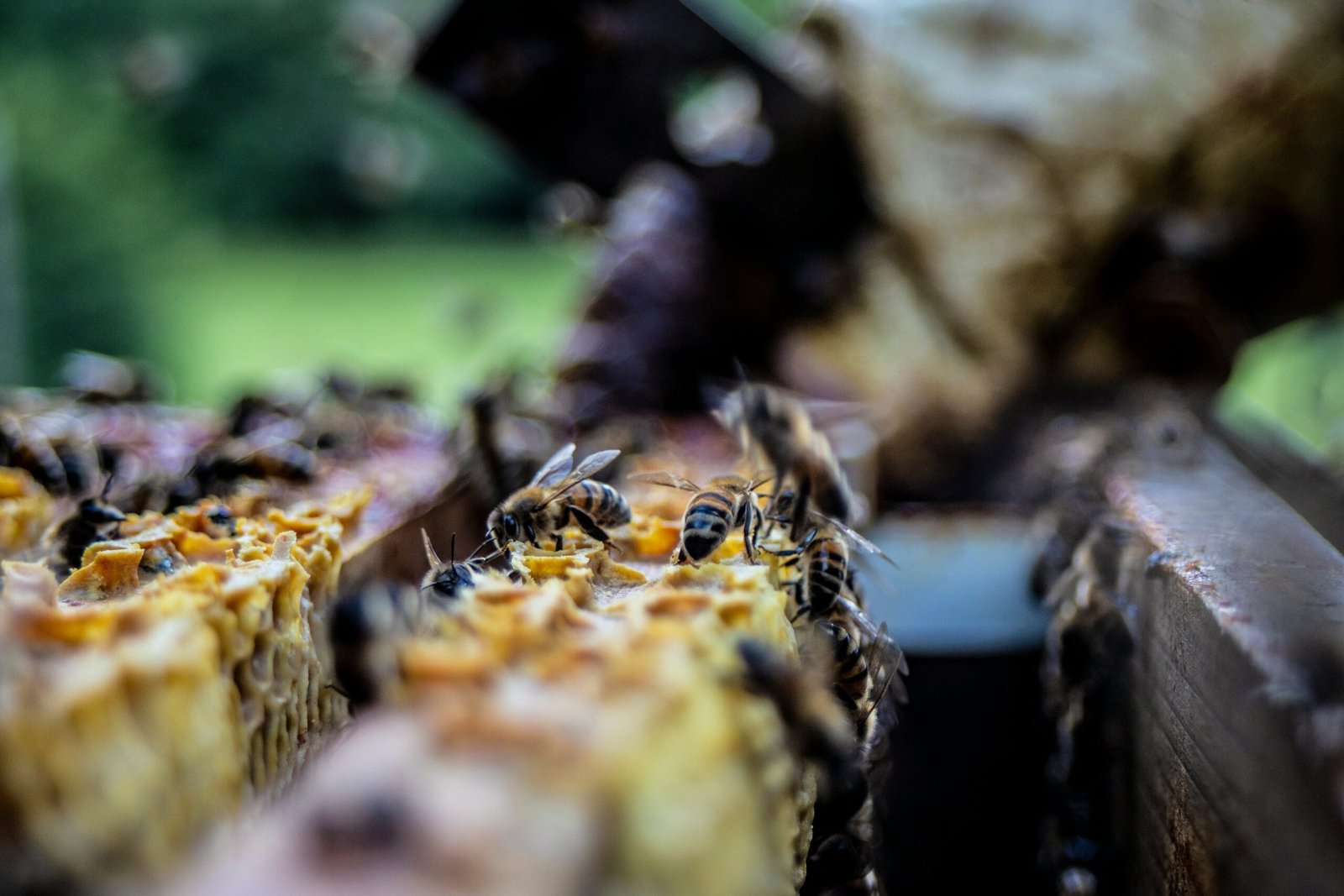Introduction
RNA-based technologies are transforming modern agriculture by providing precise, eco-friendly solutions for disease resistance, pest management, and crop improvement. These technologies, including RNA interference (RNAi), messenger RNA (mRNA) vaccines for plants, and synthetic RNA applications, offer alternatives to chemical pesticides and genetic modification. With climate change and increasing food demand, RNA technologies play a crucial role in ensuring sustainable and resilient agricultural systems (1).
RNA Technologies and Their Applications
1. RNA Interference (RNAi) for Pest and Disease Control
RNA interference (RNAi) is a gene-silencing mechanism that uses double-stranded RNA (dsRNA) to suppress specific genes in target organisms. RNAi has been successfully applied in crops to enhance resistance against pests and diseases (2).
- Pest Control:
- RNAi-based insecticides have been used to silence essential genes in pests like Colorado potato beetle (Leptinotarsa decemlineata) and fall armyworm (Spodoptera frugiperda), reducing their survival rates (3,4).
- dsRNA targeting essential genes in whiteflies (Bemisia tabaci) has shown promising results in reducing infestation without harming beneficial insects (5).
- Disease Resistance:
- RNAi-based transgenic wheat with silenced Fusarium virulence genes has demonstrated resistance to Fusarium graminearum, a pathogen responsible for Fusarium head blight (6).
- Virus-induced gene silencing (VIGS) has been used to control plant viruses like tomato yellow leaf curl virus (TYLCV) (7).
2. Messenger RNA (mRNA) Vaccines for Plant Protection
mRNA technology, widely known for COVID-19 vaccines, is now being explored for plant protection. Scientists are developing mRNA-based vaccines that encode pathogen-derived proteins to trigger plant immune responses without genetic modification (8).
- mRNA vaccines have shown potential in protecting plants against bacterial and viral infections such as Pseudomonas syringae and tobacco mosaic virus (TMV) (9).
- Unlike traditional genetic modification, mRNA does not integrate into the plant genome, making it a non-GMO solution for disease resistance (10).
3. RNA-Based Herbicides
Synthetic RNA molecules are being explored as selective herbicides that target essential genes in weeds while leaving crops unharmed (11).
- RNA-based herbicides have demonstrated efficiency against glyphosate-resistant Amaranthus palmeri (pigweed) by silencing key metabolic genes (12).
- Unlike chemical herbicides, RNA-based solutions degrade rapidly in the environment, reducing ecological risks (13).
4. RNA Editing and Crop Improvement
RNA editing is an emerging tool that enables precise modifications of gene expression without altering DNA sequences (14).
- CRISPR-Cas13 has been employed for targeted RNA modifications in plants, allowing for fine-tuned regulation of traits such as drought tolerance and disease resistance (15).
- RNA editing has been applied in wheat to improve resistance against Puccinia striiformis, the causative agent of stripe rust (16).
Advantages of RNA Technologies in Agriculture
- Eco-Friendly: Unlike chemical pesticides and herbicides, RNA-based approaches are biodegradable and target-specific, minimizing environmental contamination (17).
- Non-GMO Alternative: RNA applications, such as topical sprays, do not involve genetic modification, making them more acceptable to consumers and regulatory bodies (18).
- Resistance Management: RNAi can be used in combination with traditional pest control methods to prevent the development of resistance in pest populations (19).
Future Directions and Challenges
- Cost-Effective Production: The large-scale synthesis and stabilization of RNA molecules need further optimization to reduce costs (20).
- Regulatory Approvals: RNA-based products require clear regulatory frameworks to facilitate their adoption in agriculture (21).
- Field Trials and Commercialization: More extensive field studies are necessary to validate the effectiveness and long-term impact of RNA-based solutions in various crop species (22).
Conclusion
RNA technologies present a revolutionary approach to sustainable agriculture by offering precise, environmentally friendly, and non-GMO solutions for pest control, disease resistance, and crop enhancement. As research advances, RNA-based innovations are poised to become integral components of future agricultural practices, ensuring food security and resilience against biotic and abiotic stresses.
References
- https://www.nature.com/articles/s41587-019-0323-6
- https://www.frontiersin.org/articles/10.3389/fpls.2021.733806/full
- https://www.nature.com/articles/s41467-018-06044-8
- https://www.sciencedirect.com/science/article/pii/S0261219421000142
- https://pubs.acs.org/doi/10.1021/acssynbio.0c00270
- https://academic.oup.com/plphys/article/174/2/1504/6116402
- https://www.frontiersin.org/articles/10.3389/fpls.2020.00407/full
- https://www.nature.com/articles/s41467-021-21070-4
- https://www.cell.com/molecular-plant/fulltext/S1674-2052(17)30226-4
- https://www.pnas.org/content/117/29/16641
- https://www.nature.com/articles/s41598-021-97778-0
- https://pubs.acs.org/doi/10.1021/acssynbio.1c00062
- https://www.sciencedirect.com/science/article/pii/S0048969720363511
- https://www.nature.com/articles/s41587-021-00932-6
- https://www.nature.com/articles/s41467-020-15894-x
- https://www.nature.com/articles/s41467-018-03205-7
- https://www.nature.com/articles/s41538-020-00071-7
- https://www.frontiersin.org/articles/10.3389/fpls.2021.687439/full
- https://www.nature.com/articles/s41477-019-0505-8
- https://www.sciencedirect.com/science/article/pii/S0929139319303972
- https://www.nature.com/articles/s41467-019-13008-7
- https://academic.oup.com/plphys/article/184/2/715/6116621



Exploring The Final Syllabus Of Plant Molecular Techniques
[…] RNA Technologies for sustainable Agriculture – […]